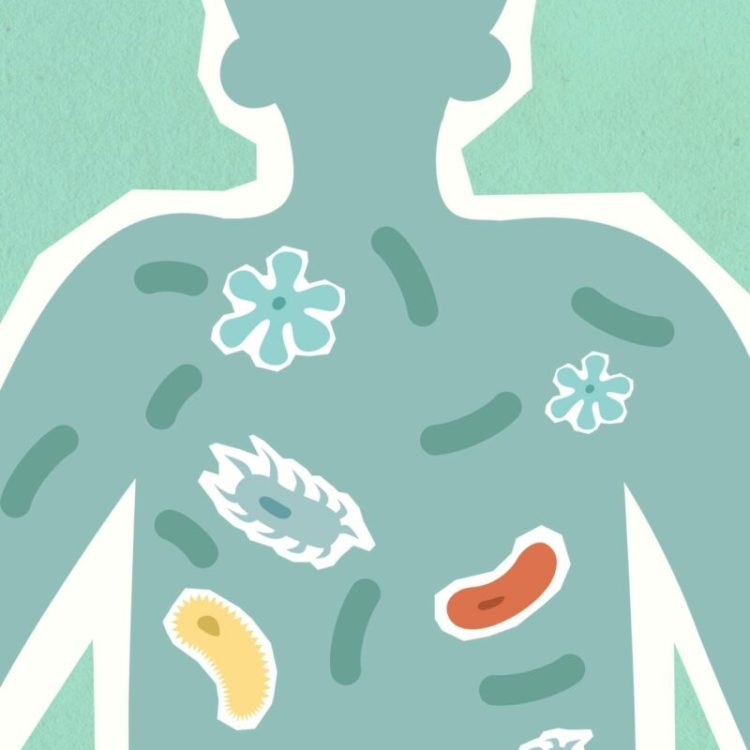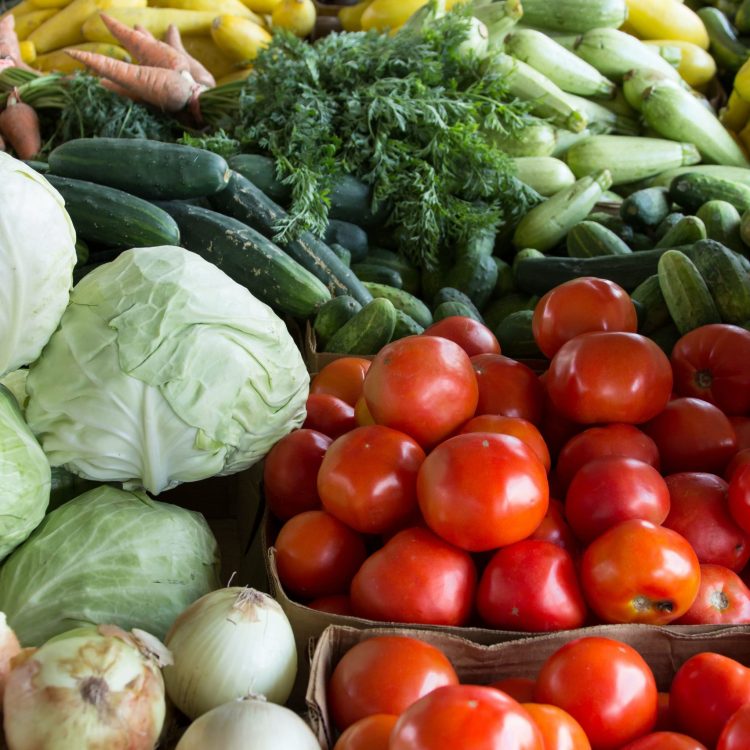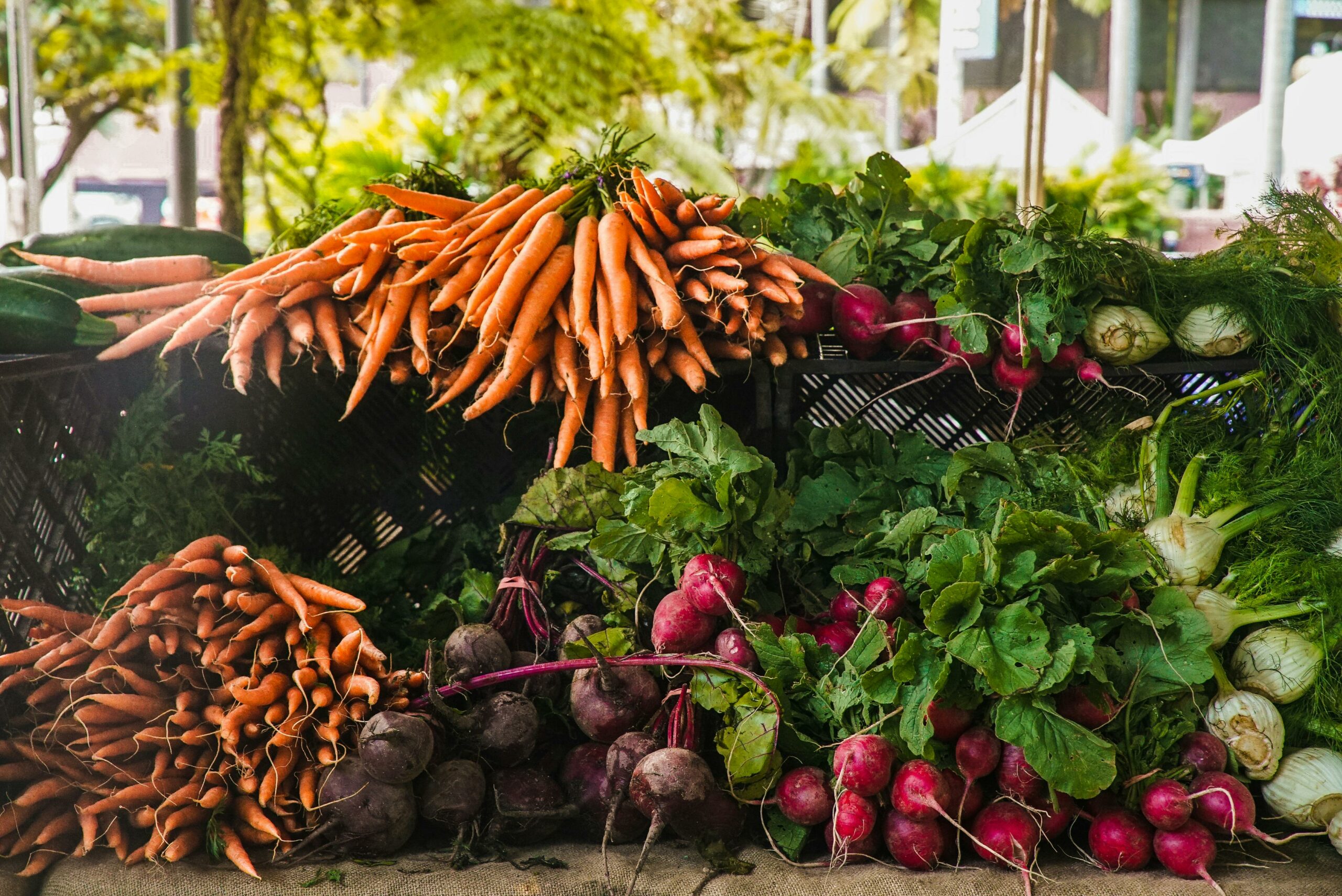Poor gut health can lead to digestive symptoms like bloating, acid reflux, and indigestion, impairing nutrient absorption and weakening the immune system. An imbalance in gut microbes may also fuel chronic inflammation, raising the risk for disease.
The gut is essential not just for digestion but for broader aspects of health—nutrient uptake, hormone production, and immune defence. A well-balanced diet rich in fibre, stress management practices such as meditation, and timely medical guidance are all key to maintaining a healthy gut and enhancing overall vitality.


The Gut Microbiome: A Microscopic Powerhouse
The Microbial Universe Inside Us
The gut is inhabited by trillions of bacteria that work in harmony with the body to break down food, produce essential nutrients like vitamins B12 and K, and regulate immune activity. This diverse microbial population is crucial for sustaining health.
Role in Digestion and Nutrient Absorption
Gut bacteria help digest complex carbohydrates and fibres the body can’t break down alone, improving nutrient absorption and boosting wellness.
Immune Support
These microbes also assist in distinguishing between harmful invaders and helpful organisms, enhancing immune responses and reducing inflammation and autoimmune risk.
What Affects Gut Health?
Diet
What we eat plays a major role in shaping our gut flora. High-fibre diets and fermented foods—like yoghurt, kimchi, kefir, and miso—encourage beneficial bacteria like lactobacilli and bifidobacteria.
Some top probiotic foods include:
- Yoghurt (with live cultures)
- Buttermilk
- Miso
- Tempeh
- Kimchi
- Fermented pickles (unpasteurised)
- Kefir
- Natto (rich in Bacillus subtilis)
Including these can enhance digestion and support a robust gut microbiome.
Stress and Lifestyle Habits
Chronic stress, insufficient sleep, and heavy alcohol intake can damage gut health. Managing stress through meditation and regular exercise helps maintain microbial balance.
Medications and Antibiotics
Certain medications—especially antibiotics—can disrupt gut bacteria. After a course of antibiotics, it’s wise to restore gut flora through diet or supplements, under medical advice.


maintaining a healthy gut
Use of Probiotics and Prebiotics
- Probiotics (found in yogurt, kefir, and fermented foods) introduce beneficial bacteria.
- Prebiotics (found in fruits, vegetables, and whole grains) feed those bacteria.
This synergy enhances digestion, nutrient absorption, and immune strength.
Anti-Inflammatory Foods
Combat inflammation with foods such as:
- Fatty fish
- Leafy greens (like spinach and kale)
- Berries
- Turmeric and ginger
- Tomatoes (especially cooked)
- Extra virgin olive oil
- Green tea
What Affects Gut Health?
Diet
What we eat plays a major role in shaping our gut flora. High-fibre diets and fermented foods—like yoghurt, kimchi, kefir, and miso—encourage beneficial bacteria like lactobacilli and bifidobacteria.
Some top probiotic foods include:
- Yoghurt (with live cultures)
- Buttermilk
- Miso
- Tempeh
- Kimchi
- Fermented pickles (unpasteurised)
- Kefir
- Natto (rich in Bacillus subtilis)
Including these can enhance digestion and support a robust gut microbiome.
Stress and Lifestyle Habits
Chronic stress, insufficient sleep, and heavy alcohol intake can damage gut health. Managing stress through meditation and regular exercise helps maintain microbial balance.
Medications and Antibiotics
Certain medications—especially antibiotics—can disrupt gut bacteria. After a course of antibiotics, it’s wise to restore gut flora through diet or supplements, under medical advice.
If you’d like to purchase my special offer of a microbiome test and nutritional therapy consultations, please click the lick. The offer is only available until May 19th. If you would like further information please don’t hesitate to get in touch.











